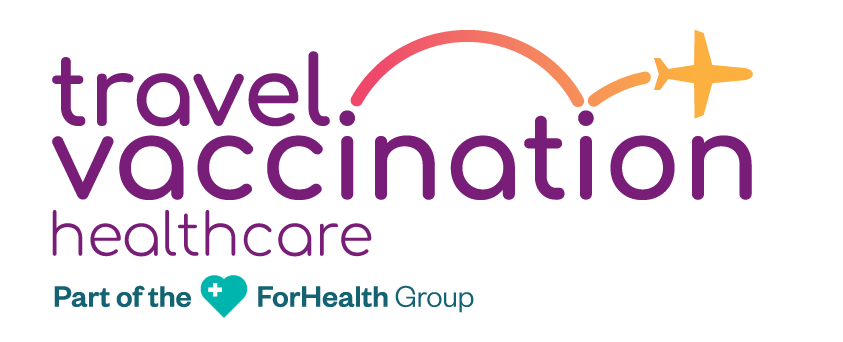Jet lag is caused by the disruption of the body’s “internal clock”. It occurs when a long flight takes you through multiple time zones and can lead to altered bowel function, indigestion, tiredness, difficulty sleeping at night, daytime sleepiness, poor concentration and disorientation. The symptoms gradually wear off as the body adapts to the new time zone.
Jet lag can’t be prevented. It generally lasts from 2 to 5 days but may last longer depending on the individual, the direction of travel and number of time zones travelled across. There are a number of ways to reduce the impact:
- Be as well rested as possible before you take off. Have a good few nights’ sleep before departure. Try to sleep on longer flights, wear an eye mask & close the blind
- If possible, have a stop over to break up the flight
- Get up at least a few times during the flight to stretch and move around
- Drink plenty of fluids and limit alcohol to avoid dehydration. Alcohol can impair the quality of sleep and arriving with a hangover can exacerbate jet lag
- Eat light meals and avoid those high in fat and carbohydrates

